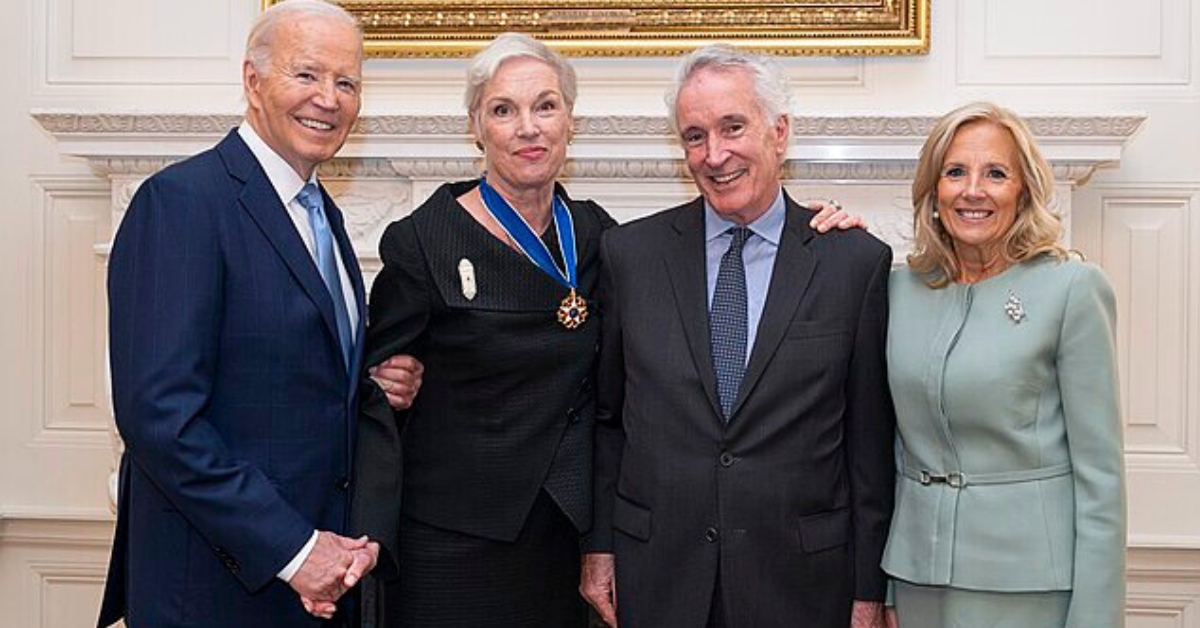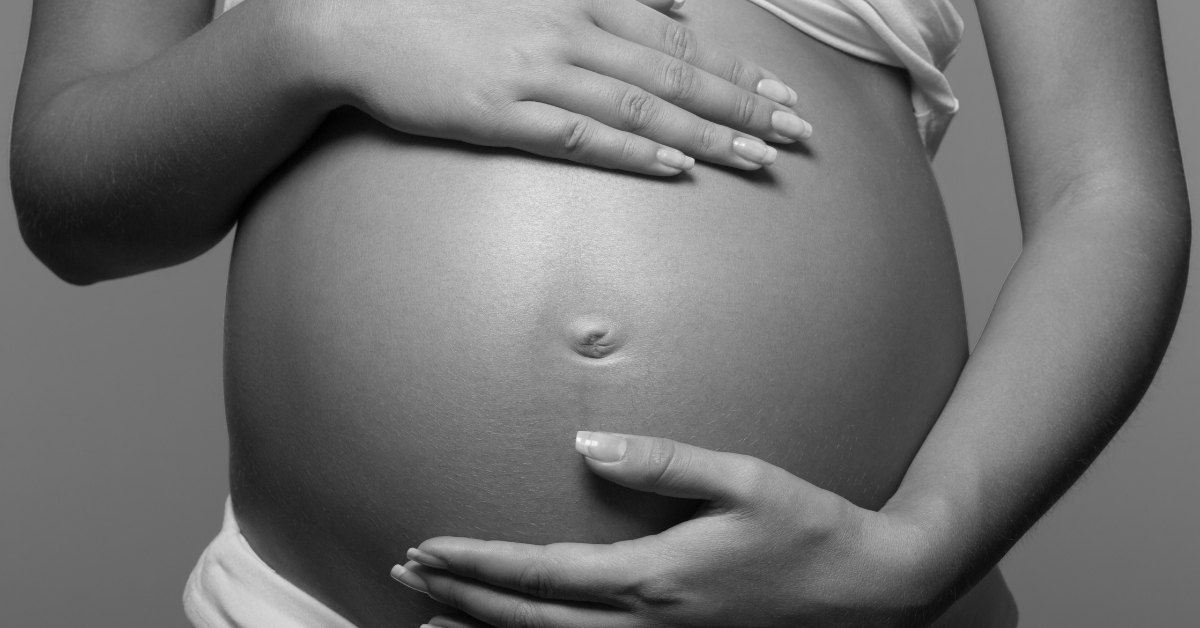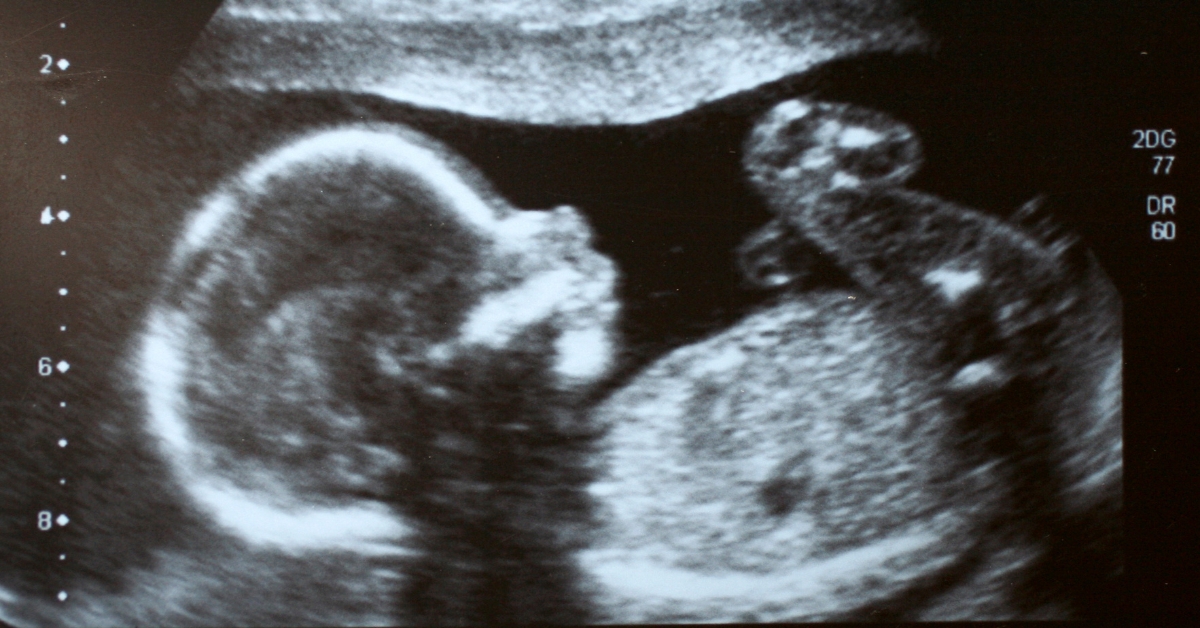
Planned Parenthood May Be Violating Federal Law Against Selling Fetal Body Parts
Planned Parenthood, long the target of conservative ire for its abortion services, has now been accused of a new level of moral and potentially legal transgression. The Center for Medical Progress (CMP), led by David Daleiden, has uncovered documents alleging a deeply troubling relationship between Planned Parenthood of the Pacific Southwest (PPSD) and the University of California San Diego (UCSD). According to these documents, PPSD has been transferring aborted fetal tissue to UCSD in exchange for a stake in the university’s patents and intellectual property derived from research on these tissues. This discovery marks a significant escalation in the abortion debate, potentially implicating Planned Parenthood in the illegal sale of fetal body parts.
The primary document unearthed by CMP, a “biological material transfer agreement” dating back to May 1, 2009, spells out a deal whereby PPSD retains all rights, titles, and interests, including patents and intellectual property rights related to the fetal and placental tissue they provide to UCSD. This arrangement blatantly contradicts Planned Parenthood’s longstanding assertions that they do not profit from the sale of aborted fetal tissues—a claim that has been central to their defense against accusations of illegal activity.
Further emails from 2017 and 2020 between PPSD and UCSD indicate ongoing concern over the rights retained by the provider of fetal tissue, highlighting an awareness of the sensitive legal and ethical issues at play. The revelation of this contract, and the proprietary interest Planned Parenthood claims in the results of research conducted on aborted fetal tissue, underscores the organization’s deep entanglement in a practice many Americans find abhorrent.
CMP’s investigation builds on their previous work exposing the harvesting and sale of fetal body parts within the abortion industry, a campaign that has brought considerable attention to the darker aspects of Planned Parenthood’s operations. The legal ramifications of this new evidence are significant, as the transfer of aborted human fetal tissue for “valuable consideration” is a federal felony, punishable by substantial fines and up to 10 years in prison.
The implications of these discoveries extend far beyond the legal jeopardy faced by Planned Parenthood and UCSD. They touch on profound ethical concerns about the commodification of unborn human life. Furthermore, this scandal sheds light on the potential complicity of government institutions in these practices, given UCSD’s public funding and the involvement of the National Institutes for Health in funding related research.
Conservatives and pro-life advocates have long argued against the moral and legal propriety of Planned Parenthood’s operations, particularly their involvement in abortion services. This latest development provides further ammunition for those who seek to challenge Planned Parenthood’s federal and state funding. It also calls into question the ethical standards of academic research institutions and their willingness to engage in partnerships that, at minimum, tread dangerously close to violating federal law.
In the broader context of the abortion debate, these revelations underscore the need for rigorous oversight of institutions involved in the provision and utilization of aborted fetal tissues. For conservatives and pro-life advocates, this case represents a clarion call to renew their efforts to hold Planned Parenthood accountable, advocate for the sanctity of life, and ensure that ethical boundaries are respected in scientific research.














